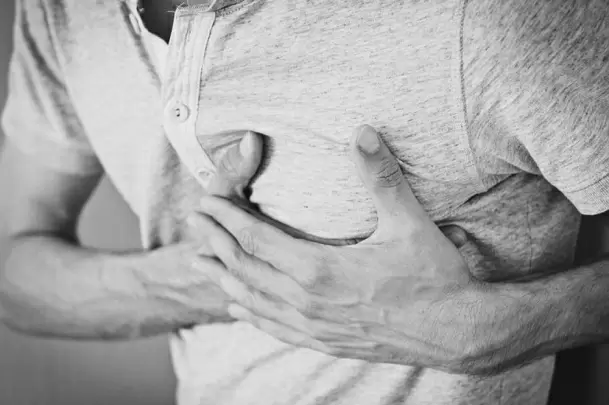Is physical activity linked to risk of heart attacks
21-September-2021

While there are numerous health benefits of exercise, physical activity may paradoxically also hasten the build-up of calcium deposits (plaque) in the coronary arteries, the amount of which is used to measure potential risk of cardiovascular disease (CVD), finds a research.
However, the study does not outweigh the numerous health benefits of regular exercise that can help ward off obesity, diabetes, heart attack/stroke, and death, among other things.
Physical activity may increase coronary atherosclerosis (artery narrowing) through mechanical stress and vessel wall injury and through the physiological responses it prompts, such as increases in blood pressure and parathyroid hormone, said an international team of researchers from Sungkyunkwan University School of Medicine in Seoul, South Korea and Johns Hopkins Bloomberg School of Public Health in Maryland, US.
"The second possibility is that physical activity may increase CAC (coronary artery calcium)scores without increasing (cardiovascular disease) risk,a they said. CAC is used to guide treatment to ward off a heart attack or stroke. Physical activity may also modify the effect of diet, vitamins, and minerals, suggest the study published online in the journal Heart.
The team studied 25,485 healthy adults aged at least 30 who underwent regular comprehensive check-ups at two major health centres in Seoul and Suwon, South Korea, between March 2011 and December 2017.
The results showed that those who were more physically active tended to be older and less likely to smoke than less physically active participants. They also had lower total cholesterol, more high blood pressure, and existing evidence of calcium deposits in their coronary arteries.
A graded association between physical activity level and the prevalence and progression of coronary artery calcification emerged over time, irrespective of CAC scores at the start of the monitoring period.
But higher physical activity was associated with faster progression of CAC scores both in those with no calcium deposits and in those who already had a CAC score at the start of the monitoring period.
This is an observational study, and as such, can't establish cause. The researchers also acknowledge several study limitations, including the absence of an objective assessment of physical activity; and no data on incident heart attacks/stroke or on CAC density or volume.
"The cardiovascular benefits of physical activity are unquestionable," the researchers emphasised, reiterating the guidelines recommending at least 150-300 minutes/week of moderate intensity or 75-150 minutes/week of vigorous intensity aerobic physical activity.
"Patients and physicians, however, need to consider that engaging in physical activity may accelerate the progression of coronary calcium, possibly due to plaque healing, stabilisation and calcification,a they noted - IANS
Suspended Kerala IAS Officer Prasanth Raises Promotion Demand During Hearing
How BluSmart Promoters Diverted EV Loans, Bought Flat In DLF Camellias
Homegrown Coffee Chain Nothing Before Coffee Raises $2.3 Million Funding
Supreme Court to Hear Pleas Challenging Waqf Act 2025 Today
Kerala Minister Slams NCERT for Hindi Titles in English Textbooks








